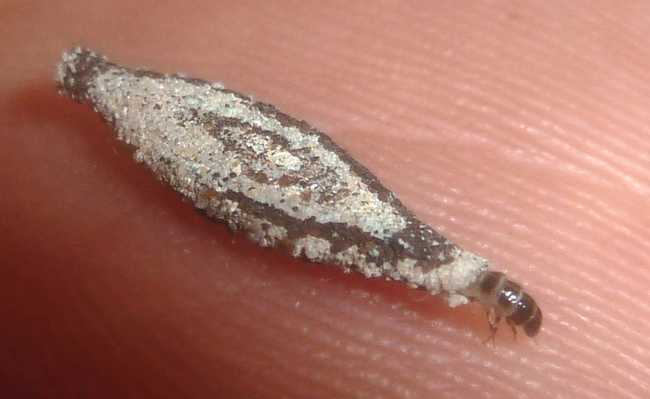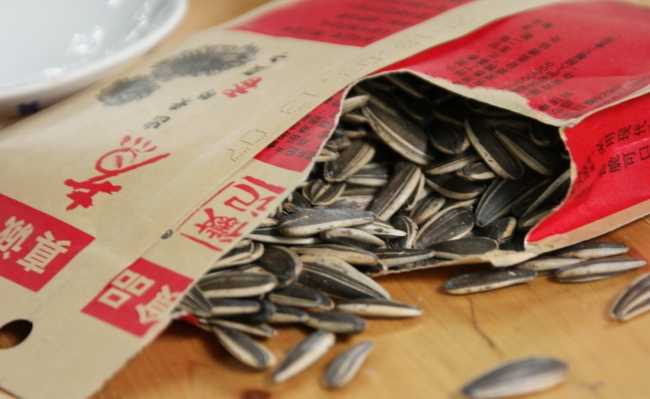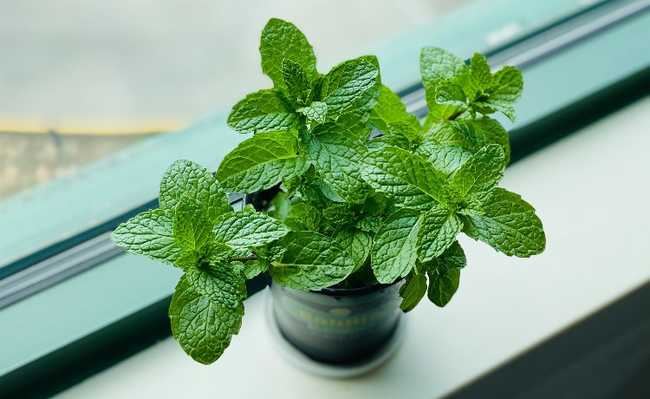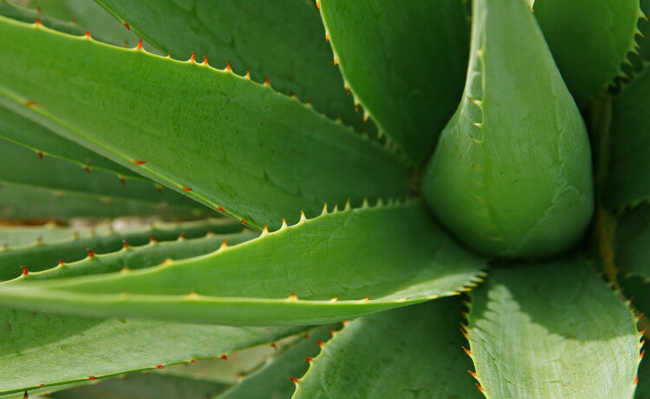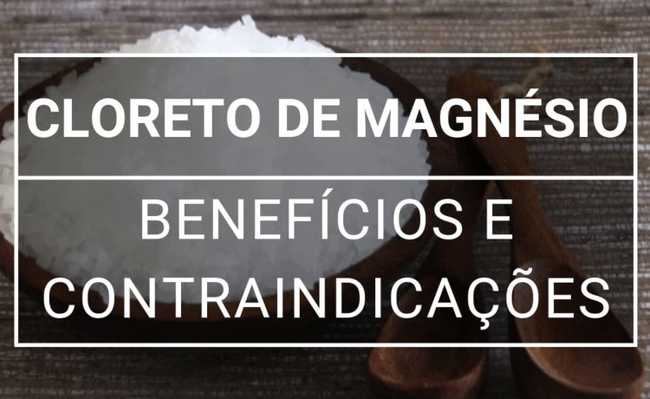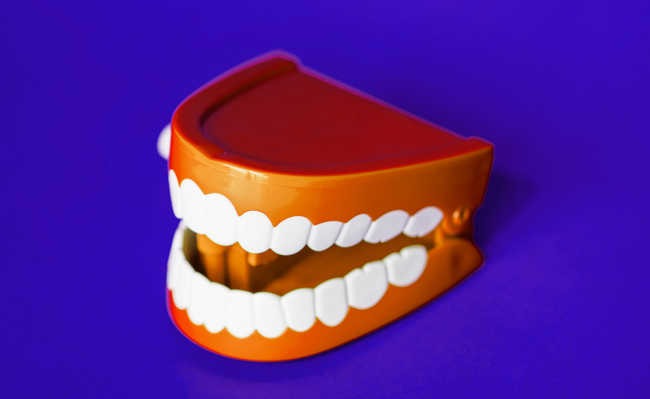What is pistachio and its properties
Check out eight scientifically proven benefits of pistachios, this tasty and easy-to-add fruit to your diet
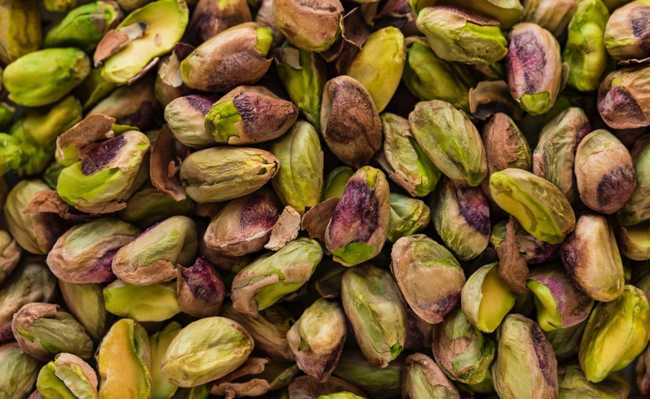
Pistachio is a fruit that grows on the scientific name tree. Pistachio, being known to be a source of healthy fats, proteins, fiber and antioxidants. Pistachio contains essential nutrients and aids weight loss, is good for heart and bowel health, among other benefits. Check out:
- Antioxidants: what are they and in what foods to find them
- Ten high protein foods
- What is dietary fiber and its benefits?
Eight Scientifically Proven Pistachio Benefits
nutritional properties
Each 28 grams of pistachios (about 49 units) contains:
- Calories: 156
- Carbohydrates: 8 grams
- Fiber: 3 grams
- Protein: 6 grams
- Fat: 12 grams (90% are healthy fats)
- Potassium: 8% of the RDI (Recommended Daily Intake)
- Phosphorus: 14% of the IDR
- Vitamin B6: 24% of the RDI
- Thiamine: 16% of the IDR
- Copper: 18% of the IDR
- Manganese: 17% of the IDR
Pistachio is one of the richest foods in vitamin B6. This vitamin is important for several functions in the body, including the regulation of blood sugar and the formation of hemoglobin, the molecule responsible for transporting oxygen to red blood cells, preventing anemia.
- Iron deficiency anemia: what it is and what are its symptoms
- Pernicious anemia: symptoms, treatment, diagnosis and causes
- Megaloblastic anemia: causes, symptoms, diagnosis and treatment
- What is sickle cell anemia, symptoms and treatment
- Sideroblastic anemia: what it is, symptoms, causes and treatment
- What is hemolytic anemia?
It is also rich in potassium. In 49 units of pistachios there is more potassium than in half a banana.
2. It is rich in antioxidants
Antioxidants are essential for maintaining health. They prevent cell damage, reducing the risk of diseases such as cancer. Pistachio contains more antioxidants than most oilseeds.
In a four-week study, participants who ate one or two servings of pistachios a day had higher levels of lutein and γ-tocopherol compared to participants who did not eat pistachios.
Of all oilseeds, pistachio is the one with the highest amount of lutein and zeaxanthin, both are very important antioxidants for eye health (see study about it here: 1).
These antioxidants protect the eyes against damage caused by blue light and age-related macular degeneration, a condition that can cause vision loss (see studies on this here: 2, 3). Learn more about blue light in the article: "Blue light: what it is, benefits, harm and how to deal with it".
In addition, two of the most abundant antioxidants in pistachios - polyphenols and tocopherols - can help protect against cancer and heart disease (see studies on this here: 4, 5).
3. It's low in calories and high in protein
Pistachio is among the oilseeds that have fewer calories. The same amount of pistachios and macadamia nuts (28 grams) have, respectively, 156 and 193 calories (see studies about it here: (6, 7, 8).
According to a study, about 20% of each pistachio is made up of protein. In this regard, he is second only to almonds. It is also rich in essential amino acids, the proteins that we need to eat (see study about it here: 9).
- What are amino acids and what are they for
Pistachio also has semi-essential amino acids, such as L-arginine, which makes up 2% of the amino acids present in pistachios. It is converted into nitric oxide in your body, which is a compound that causes blood vessels to dilate, helping blood flow (see study about it here: 10).
4. It can help you lose weight
As it is rich in fiber and protein, pistachios increase satiety, making calorie intake lower (see study about it here: 11).
In a 12-week analysis, people who ate 53 grams of pistachios (240 kcal) per afternoon snack had a significantly lower body mass index (BMI) and triglyceride levels compared to a group that ate 56 grams of pretzels (220 kcal).
In addition, another 24-week study of overweight individuals showed that those who consumed 20% of the calories in the form of pistachios lost 0.6 to 1.5 cm more from their waistline than those who did not eat pistachios.
5. It's prebiotic
Pistachio contains fibers that are not digested by the body, and end up serving as food for the beneficial microorganisms in the intestine, which characterizes them as prebiotics.
Good intestinal bacteria, also called probiotics, ferment fiber and convert it into short-chain fatty acids, which provide several health benefits, including reduction in the development of digestive disorders, cancer and heart disease (see studies about it here: 12 , 13).
To learn more about prebiotics and probiotics, take a look at the articles: "What are probiotic foods?" and "What are prebiotic foods?".
6. Can lower cholesterol and blood pressure
Several studies have concluded that eating pistachios helps lower blood cholesterol and improves blood pressure, thus lowering the risk of heart disease (see studies on this: 15, 16, 17, 18).
A review of several studies showed that 67% of them concluded that pistachio reduces "bad" LDL cholesterol and raises "good" HDL cholesterol.
One study has shown that a diet consisting of 20% of the calories from pistachios reduces LDL cholesterol by 12%.
In another study - carried out with 32 young men who maintained a Mediterranean diet for four weeks - when pistachios was added to the diet, there was a 20% reduction in daily caloric intake. After four weeks on the diet, participants experienced a 23% reduction in LDL cholesterol, a 21% reduction in total cholesterol, and a 14% reduction in triglycerides.
- Does altered cholesterol have symptoms? Know what it is and how to prevent it
- What is the Mediterranean diet?
7. Improves blood flow and erectile function
The endothelium is the inner lining of blood vessels. It is important that it works properly, as endothelial dysfunction is a risk factor for heart disease (see study about it here: 19).
A study of 42 patients who consumed 40 grams of pistachios a day for three months showed an improvement in markers of endothelial function and vascular stiffness. Another study of 32 healthy young men who ate pistachios as part of 20% of their dietary calorie intake showed that endothelium-dependent vasodilation improved by 30% compared to the Mediterranean diet.
In another study, men with erectile dysfunction experienced a 50% improvement in erectile function parameters after eating 100 grams of pistachios a day for three weeks. If you're thinking about adopting the same practice to fight erectile dysfunction, remember that 100 grams of pistachios contains about 557 calories.
8. Helps control blood sugar
One study has shown that adding 56 grams of pistachios to a high-carbohydrate diet helps lower blood sugar after a meal by 20-30% in healthy individuals .
In another study, people with type 2 diabetes had a 9% reduction in fasting blood sugar after eating 25 grams of pistachios twice a day for 12 weeks (
In addition to being rich in fiber and healthy fats, pistachios are rich in antioxidants, magnesium, carotenoids and phenolic compounds, all of which are beneficial for blood sugar control (see study about it here: 20).
Adapted from Healthline, Medical News Today and Pub Med


